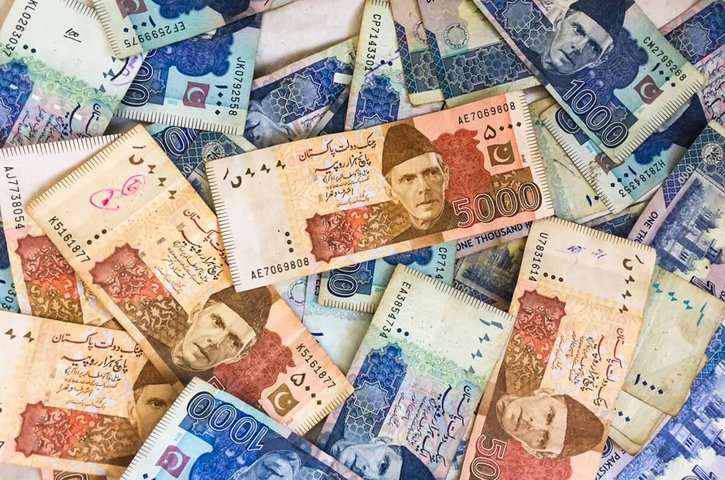The government has announced plans to repeal the remaining income tax exemptions for donations and non-profit organizations listed in the Second Schedule of the Income Tax Ordinance (ITO), transitioning them to a system of tax credits. This move is part of a broader effort to simplify tax policy and expand the tax base, as outlined in the International Monetary Fund’s (IMF) staff report under the Extended Fund Facility (EFF) released on Friday.
Over the next three years, the government aims to intensify its tax policy reforms. A key component of this strategy is the enhancement of the Annual Tax Expenditure Report, which will now include a chapter dedicated to evaluating the costs and benefits of tax incentives. This review process will allow the government to assess existing tax credits and exemptions under the ITO, repealing those whose costs outweigh their benefits and ensuring that any new concessions are based on a thorough cost-benefit analysis.
“In line with our commitment to transforming direct taxation, we plan to amend the ITO to ensure equitable taxation of all income sources,” the report stated. “Additionally, the government will repeal the remaining exemptions for donations and non-profit organizations in the Second Schedule of the ITO, making them eligible for tax credits instead.”
To streamline the sales tax system, the government will introduce a single turnover-based registration threshold for all businesses by the fiscal year 2027. Businesses exceeding this threshold will be required to register for both income tax and sales tax.
The government also plans to continue refining the Goods and Services Tax (GST). By fiscal year 2026, it aims to establish a unified reduced rate, reclassifying all products taxed at 5 percent GST in fiscal year 2025 to a 10 percent category. The ultimate goal is to transform the GST into a broad-based Value Added Tax (VAT), according to the IMF report.










